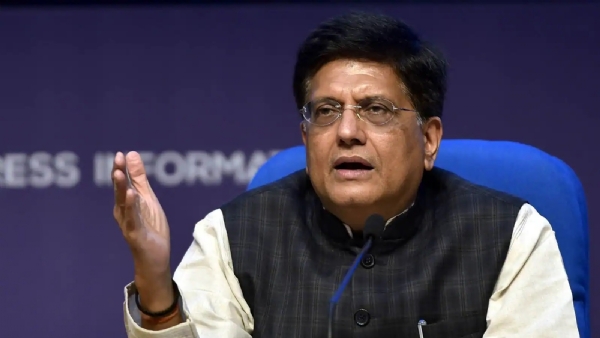Special treatment for developing nations is non negotiable: Piyush Goyal
Total Views |
New Delhi, Jun 16: Commerce and industry minister Piyush Goyal on Wednesday asserted that the special and differential treatment (S&DT) granted to developing nations in all agreements of the World Trade Organization (WTO) are non-negotiable, and should be preserved.

India has also called for an expeditious restoration of the almost-dysfunctional Appellate Body of the WTO for dispute resolution, without diluting its core features. The US has blocked the appointment of judges, thus crippling the WTO’s appellate mechanism.
Speaking in the thematic session on ‘WTO reform’ in Geneva, Goyal said, “S&DT is a treaty-embedded and non-negotiable right for all developing members.” Seeking a change in the status quo, developed nations, mainly the US, have been attacking countries, including China and India, for “self-designating” themselves as developing nations at the WTO to enjoy special and differential trade benefits. New Delhi had earlier advocated the need for continuing the S&DT for developing countries and rooted for a policy of voluntary forgoing of such a status. On Wednesday, Goyal highlighted that the gap between the developing and developed members of the WTO has not yet narrowed in decades; instead, it had widened in many areas. This makes the continuance of the S&DT provisions relevant, he said. Special and differential treatment allows developing countries longer time frames to implement commitments and greater flexibilities in adopting measures to improve their presence in global markets, among others. For instance, developing countries are allowed to provide considerably larger input subsidies and minimum price support (They can offer product-specific farm subsidies up to 10% of the value of production, against 5% for developed countries, although the latter enjoy other flexibilities). Further, developing countries will continue to provide indirect export subsidies, covering internal transport and marketing, until 2023, five years after the deadline for the elimination of all forms of export subsidies.
Pitching for the resumption of the functioning of the appellate body of the WTO’s dispute settlement mechanism, Goyal said: “We need to accord priority to the reform needs, especially to the crisis at the appellate body, whose functioning should become more transparent and effective.” The seven-member appellate body, which hears appeals against orders made by the WTO’s dispute resolution panel, has been rendered non-functional. The term of the last sitting appellate body member expired in November 2020. Some developed countries, especially the US, had raised concerns about the functioning of this body.